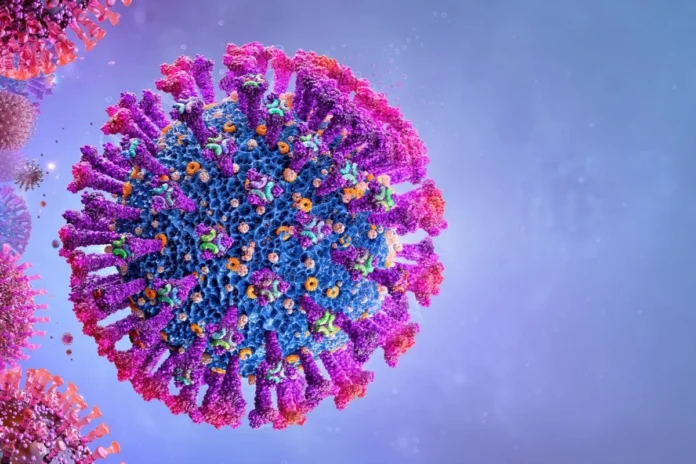Rhinovirus is one of the most common viral infections in humans, responsible for causing the common cold. While it may seem mild, understanding the virus, its symptoms, and prevention measures can help reduce its spread and minimize discomfort.
What is Rhinovirus?
Rhinovirus is a genus of viruses that belongs to the Picornaviridae family. It primarily infects the upper respiratory tract, spreading easily from person to person. There are over 100 different types of rhinoviruses, making them highly adaptable and challenging to control.
How is Rhinovirus Spread?
Rhinovirus spreads through:
- Airborne Droplets: Sneezing or coughing releases the virus into the air.
- Direct Contact: Shaking hands or touching contaminated surfaces.
- Fomites: Objects like doorknobs, keyboards, or phones that harbor the virus.
Symptoms of Rhinovirus
Symptoms typically appear 1-3 days after exposure and include:
- Runny or stuffy nose
- Sore throat
- Cough
- Sneezing
- Mild fever (in some cases)
- Headache and fatigue
Complications of Rhinovirus
While usually mild, rhinovirus can lead to complications, particularly in individuals with weakened immune systems, asthma, or chronic respiratory conditions. Possible complications include:
- Sinus infections
- Ear infections
- Worsening of asthma or chronic obstructive pulmonary disease (COPD)
Prevention of Rhinovirus
Preventing rhinovirus infections involves simple yet effective measures:
- Wash hands frequently with soap and water for at least 20 seconds.
- Avoid close contact with infected individuals.
- Disinfect surfaces and objects regularly.
- Use tissues when sneezing or coughing and dispose of them immediately.
Treatment for Rhinovirus
There is no specific antiviral treatment for rhino-virus. Management focuses on relieving symptoms:
- Stay hydrated by drinking plenty of fluids.
- Use over-the-counter medications like decongestants and pain relievers.
- Rest and allow your body to recover.
- Use a humidifier to soothe a sore throat or congestion.
Rhinovirus vs. Other Viruses
Rhino,virus is often confused with other respiratory viruses such as influenza or coronaviruses. However, rhino,virus typically causes milder symptoms and rarely leads to severe complications compared to flu or COVID-19.
Rhino-virus in Children and the Elderly
Children and older adults are more susceptible to rhino,virus infections due to weaker immune defenses. Special care should be taken to monitor symptoms and ensure adequate hydration and rest.
Conclusion
Rhino,virus, while common and typically mild, can be disruptive and contagious. Understanding how it spreads, recognizing its symptoms, and adopting preventive measures can help reduce its impact on your daily life. If symptoms worsen or complications arise, consult a healthcare provider promptly.
You May be Interested in This Blog Also (early signs hand foot and mouth day by day) .



